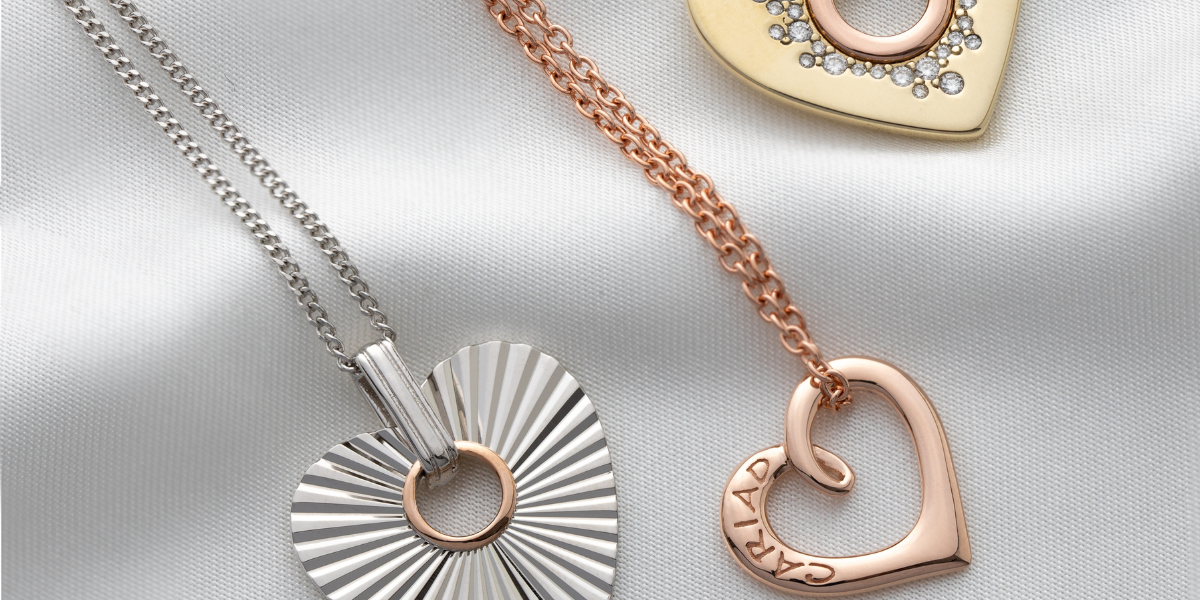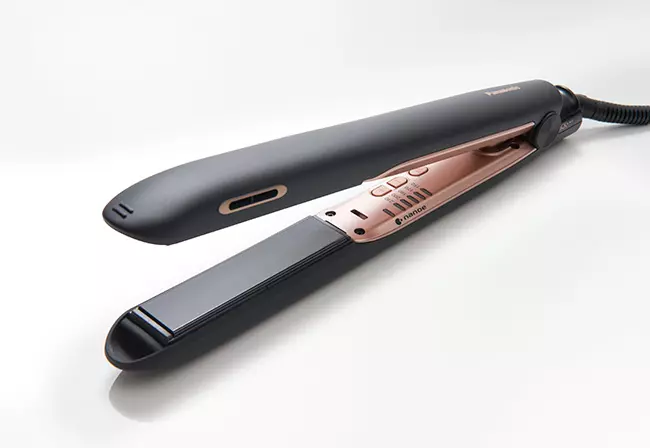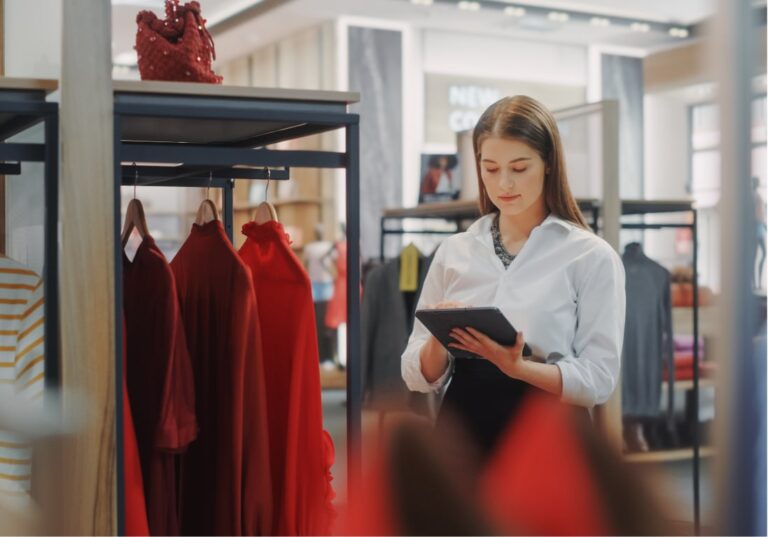
- Numerous Instagram accounts are editing photos of actors, models, and musicians almost beyond the point of recognition.
- While the anonymous editors haven’t explained the purpose of their accounts, they seemingly aim to give celebrities certain idealized features, like pore-less skin and straight teeth.
- Some celebrities seem to like the edits and occasionally re-post them, though other social-media users have criticized the pages for creating unrealistic beauty standards.
- Experts argue that looking at heavily-edited photos, as well as “transformation” images, can be extremely harmful to viewers and lead them to body-shame themselves.
- Visit Insider’s homepage for more stories.
Stars like Rihanna and Julia Roberts are often considered some of the most beautiful women in the world. But online, pictures of these celebrities and other Hollywood stars are being edited almost beyond recognition.
Across Instagram, you can find numerous accounts dedicated to altering photos of actors, models, and musicians. Many of the original images bioptimizers coupon code are taken at movie premieres, award shows, and other red-carpet events where celebrities already look their best. They’re later edited by fans with contemporary, and oftentimes unattainable, beauty standards in mind, like pore-less skin and large lips.
Last week, Iva Dixit of The New York Times Magazine pointed out the accounts on Twitter.
“There’s this trend among ~aesthetic~ IG accounts of taking old pictures of female movie stars and running them through the face alteration apps to give the (already very strikingly beautiful women) generic Instagram Faces (thick lips, ski slope nose, teeth white as toilet bowls),” she wrote.
She also described the photos as being “depressing in an uncanny valley way,” referencing the disturbing and unreal look that plague many humanoid robots and computer-generated figures.
Miley Cyrus and Rihanna are among the stars whose photos have been heavily edited by Instagram users
At the time of writing, numerous accounts dedicated to editing celebrity photos exist on Instagram. Some of those pages, like @goddess.women, @dirtybabiez, and @luxybook, have between 53,000 and 179,000 followers. At the top of their Instagram pages, they often credit websites like Getty Images and Splash News for the original photos.
Pages like @goddess.women and @dirtybabiez also say in their Instagram bios that you can send them a private message to receive your own edited photo — so long as you also send payment.
While many of the anonymous editors don’t explain the purpose of their accounts, some occasionally remind viewers that anyone who doesn’t like their altered images of celebrities can leave their pages.
“I photoshop for fun. If you don’t like it, leave 🙂,” @luxybook, who has more than 63,000 followers on the platform, says in their bio.

The three accounts listed above have not responded to Insider’s requests to be interviewed for this article.
Some celebrities seem to be fans of the Instagram pages. Many of their fans, however, are not
Photos from @goddess.women have previously been re-shared by stars like Kylie Jenner, Kim Kardashian, and Sophia Richie on their Instagram stories. Other stars, like Pamela Anderson and model Rosie Huntington-Whiteley, have gone one step further and re-posted edited photos from the page on their accounts.
In a previous Instagram story, the anonymous account said that Huntington-Whiteley — who follows @goddess.women on Instagram — also once asked for a copy of an edited photo of herself to share on her page.
Representatives for Huntington-Whiteley did not immediately respond to Insider’s request for comment.

While some celebrities seem to be fans of such images, other Instagram users have taken issue with the edited photos.
Many of their comments can be seen underneath a heavily-edited image of Julia Roberts, where the actress is seen with perfect eyeliner, pore-less skin, thick eyebrows, and straight, white teeth — all of which look different in the original photo taken in 2002.
“Young Julia Roberts edited within an inch of her life**” one person wrote in response to the photos.
“What on Earth have you done to her face?!” another person said. “And we wonder why so many young woman have body-image problems and self-esteem issues. Please just stop.”
“The concept of this page is so messed up,” an Instagram user wrote. “These celebrities are already incredibly beautiful. This page can do a lot of harm to young girls who already think they’re not attractive enough and now it turns out that these celebs apparently aren’t either???”
Similar comments can be found underneath one of the Instagram account’s edits of Meghan Markle.
“This is so over-edited that it barely looks like her,” someone wrote. “Why do people do that? Hard to tell what’s real any more.👎🏽”
While it doesn’t appear that celebrities have publicly expressed dislike for these Instagram pages, stars including Bella Thorne, Lili Reinhart, and Zendaya have all previously criticized magazines for editing photos of them.
Experts have previously warned that highly-edited photos can harm our perceptions of body image
Back in 2017, a postdoctoral researcher named Jasmine Fardouly explained to Insider how social media can negatively affect women. She had previously conducted a study “with female undergraduates to determine how often, if at all, they compare themselves to others while on social media,” Emily DiNuzzo reported.
“In our study, comparisons to attractive others on social media were particularly harmful because they put women in a more negative mood, and made them feel worse about their appearance,” Fardouly said. “The same effect may occur when looking at a comparison photo depending on how attractive the person looks in the before and after image.”
While accounts like @goddess.women do not compare their edited photos to the originals, it’s still clear to viewers that the celebrities’ features have been changed — leading them to make their own comparisons. In the long run, this could lead viewers to body-shame themselves, develop disordered-eating habits, and turn to cosmetic surgery.
“Women can not only objectify other women, but can also internalize an observer’s perspective of themselves — for example, self-objectification,” she said. “If women self-objectify, it can be associated with negative outcomes, such as body shame and anxiety.”
Renowned photographer Rankin also studied photo-editing habits amongst young women in 2019. He found that all 15 girls included in his research altered their selfies, often “mimicking” the features of “their idols.”
“I found it disturbing how big even the small changes are,” Rankin told Insider. “It’s so simple, almost like creating a cartoon character of yourself.”
He added, “It’s time to acknowledge the damaging effects that social media has on people’s self-image.”
Read the original article on Insider








